Is Iraq Cheaper Than Saudi Arabia? Cost of Living Comparison Guide

Is Iraq Cheaper Than Saudi Arabia?
Introduction
When considering travel or relocation to the Middle East, cost of living is a crucial factor. Iraq and Saudi Arabia, two neighboring countries with rich histories and cultural significance, offer vastly different economic experiences for visitors and residents alike. This comprehensive comparison examines various aspects of daily expenses, from accommodation and food to transportation and entertainment, providing you with actionable insights to make informed decisions about which country might be more affordable for your specific needs.
Overall Cost of Living Comparison
Iraq generally offers a significantly lower cost of living than Saudi Arabia. While Saudi Arabia has developed a modern, oil-rich economy with luxurious amenities and infrastructure, Iraq continues to rebuild after years of conflict, resulting in lower prices across most expense categories.
According to cost of living indexes, living in Iraq can be approximately 40-50% cheaper than in Saudi Arabia, though this varies by city and lifestyle choices.
Housing and Accommodation Costs
Iraq
Housing in Iraq is considerably more affordable than in Saudi Arabia. Rental prices in Baghdad and other major Iraqi cities offer substantial savings compared to Saudi Arabian urban centers.
- Average monthly rent for a one-bedroom apartment in Baghdad city center: $300-500
- Monthly rent for a three-bedroom apartment in Baghdad city center: $600-900
- Monthly rent outside city centers: 30-40% lower than central locations
- Utility costs (electricity, water, heating) in Iraq: $50-120 monthly
Saudi Arabia
Saudi Arabian housing costs reflect the country’s higher standard of living and more developed infrastructure.
- Average monthly rent for a one-bedroom apartment in Riyadh city center: $700-1,000
- Monthly rent for a three-bedroom apartment in Riyadh city center: $1,200-2,000
- Jeddah and Dammam rental prices: Slightly lower than Riyadh but still significantly higher than Iraq
- Utility costs in Saudi Arabia: $100-200 monthly
Property purchase prices follow similar patterns, with real estate in Iraq costing significantly less per square meter than in Saudi Arabia’s major cities.
Food and Grocery Expenses
Iraq
Food costs in Iraq are notably lower than in Saudi Arabia, especially for locally produced items.
- Basic meal at an inexpensive restaurant: $3-7
- Three-course meal for two at a mid-range restaurant: $20-30
- Local market food prices: Very affordable, with fruits, vegetables, and staples available at low prices
- Imported goods: More expensive but still cheaper than in Saudi Arabia
Saudi Arabia
Saudi Arabia has more diverse food options but at higher prices.
- Basic meal at an inexpensive restaurant: $8-15
- Three-course meal for two at a mid-range restaurant: $40-60
- Supermarket prices: Higher than Iraq, especially for fresh produce
- International cuisine and imported food items: Significantly more expensive
Both countries offer excellent street food options at reasonable prices, though Iraq typically provides more value for money.
Transportation Costs
Iraq
Transportation in Iraq is considerably cheaper than in Saudi Arabia, though the infrastructure may be less developed.
- Local bus/minibus fare: Less than $0.50 per trip
- Taxi starting fare: Approximately $2
- Gasoline price per liter: $0.50-0.70
- Used car prices: 30-40% lower than in Saudi Arabia
Saudi Arabia
Saudi Arabia offers more modern transportation options but at premium prices.
- Local bus fare: $1-2 per trip
- Taxi starting fare: $3-5
- Ride-sharing services: Widely available but costlier than Iraq
- Gasoline price per liter: $0.60-0.80 (historically subsidized but prices have increased in recent years)
- New car prices: Higher than Iraq, though financing options are more readily available
Healthcare Costs
Iraq
Healthcare in Iraq is more affordable but faces challenges in quality and accessibility.
- Basic doctor’s visit: $10-30
- Specialist consultation: $30-80
- Common medications: Lower priced than Saudi Arabia
- Private healthcare options: Limited but significantly cheaper than Saudi equivalents
Saudi Arabia
Saudi Arabia offers higher quality healthcare but at substantially higher costs.
- Basic doctor’s visit: $50-100
- Specialist consultation: $100-300
- Private hospital care: World-class but expensive
- Health insurance: Often provided by employers for expats, but private plans are costly
Education Expenses
Iraq
Education costs in Iraq are modest compared to Saudi Arabia.
- Public universities: Very affordable or free for citizens
- Private schools: $1,000-4,000 per year
- International schools: $4,000-8,000 per year, limited availability
Saudi Arabia
Education in Saudi Arabia offers more international options but at premium prices.
- Public education: Free for citizens and subsidized for some residents
- Private schools: $5,000-15,000 per year
- International schools: $10,000-25,000 per year
- Higher education: More prestigious but costlier than Iraqi options
Entertainment and Leisure
Iraq
Entertainment options in Iraq are more limited but substantially cheaper.
- Movie ticket: $5-8
- Gym membership: $20-50 monthly
- Coffee in a café: $1-3
- Cultural sites entry fees: Minimal or free in many cases
Saudi Arabia
Saudi Arabia offers more diverse entertainment options following recent social reforms, but prices are higher.
- Movie ticket: $15-20
- Gym membership: $70-150 monthly
- Coffee in a café: $4-8
- Entertainment city entry fees: $30-60
- Cultural and sporting events: Significantly more expensive than Iraq
Communication and Internet Costs
Iraq
Communication services in Iraq are more affordable but may offer lower speeds and reliability.
- Monthly internet (60 Mbps): $30-50
- Mobile plan with data: $10-20 monthly
- Prepaid mobile tariff: Lower per-minute rates than Saudi Arabia
Saudi Arabia
Saudi Arabia provides better connectivity at higher prices.
- Monthly internet (100+ Mbps): $70-120
- Mobile plan with data: $30-60 monthly
- Better coverage and service quality nationwide
Taxation and Financial Considerations
Iraq
Iraq has lower taxation overall.
- Income tax: Progressive system ranging from 3-15%
- Sales tax: Lower than Saudi Arabia
- Property taxes: Minimal
Saudi Arabia
Saudi Arabia has introduced more taxes in recent years as part of economic reforms.
- Income tax: 0% for Saudi citizens, up to 20% for foreign companies
- Value Added Tax (VAT): 15% (increased from 5% in 2020)
- Various fees and levies on expatriates and dependents
Cost Factors for Expatriates
Iraq
For expatriates, Iraq offers:
- Lower cost of living but security concerns in some areas
- Premium on secure housing in expatriate compounds
- Higher insurance costs
- Potential hardship allowances for employment
- Lower everyday expenses
Saudi Arabia
For expatriates, Saudi Arabia provides:
- Higher quality of life but at premium costs
- Better infrastructure and amenities
- More stringent visa regulations and associated costs
- Higher costs for western-style goods and services
- More developed expatriate communities
Practical Tips for Budget-Conscious Travelers and Expatriates
Saving Money in Iraq
- Consider accommodation outside city centers
- Use public transportation when safe
- Shop at local markets rather than imported goods stores
- Learn basic Arabic to negotiate better prices
- Be aware of regional price variations between northern and southern Iraq
Saving Money in Saudi Arabia
- Look for accommodation in newer developing areas
- Take advantage of promotional offers at restaurants and cafes
- Use carpooling or ride-sharing options
- Shop during seasonal sales and festivals
- Consider package deals for entertainment options
City-Specific Comparisons
Baghdad vs. Riyadh
- Baghdad offers 50-60% lower housing costs
- Everyday expenses in Baghdad are approximately half of those in Riyadh
- Riyadh offers more modern amenities and infrastructure
Basra vs. Jeddah
- Basra provides significantly lower costs across all categories
- Jeddah offers more developed beach and leisure facilities at higher prices
- Both cities have strategic port locations but different living standards
Conclusion
Iraq is definitively cheaper than Saudi Arabia across nearly all expense categories, from housing and food to transportation and entertainment. The cost difference can range from 40-60% depending on the specific category and location within each country.
However, this price advantage comes with important trade-offs. Saudi Arabia generally offers better infrastructure, more modern amenities, greater stability, and higher quality services. Iraq provides significant cost savings but with more variable service quality and ongoing development challenges in some regions.
Your personal priorities regarding budget, lifestyle preferences, security considerations, and required amenities should guide your decision when choosing between these two Middle Eastern nations. For those prioritizing cost above all else, Iraq offers substantial savings, while those seeking modern conveniences and established expatriate communities might find Saudi Arabia worth the premium despite being more expensive.





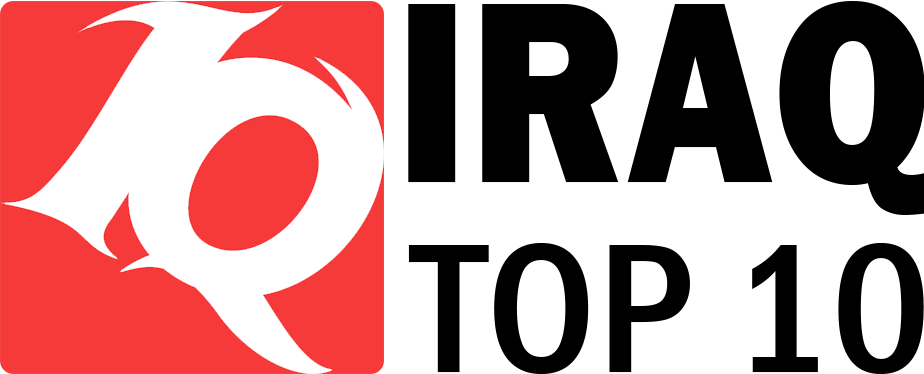



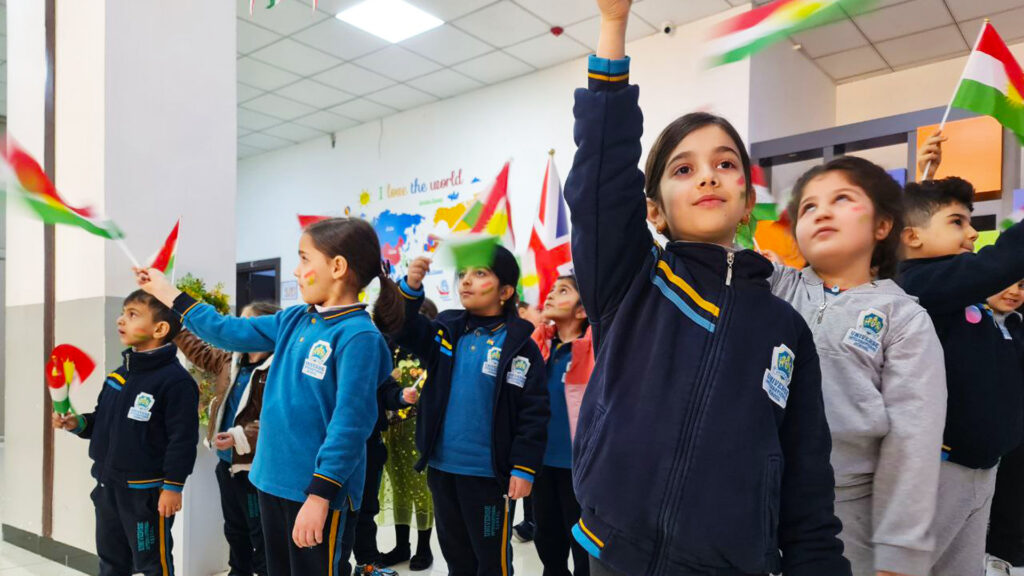




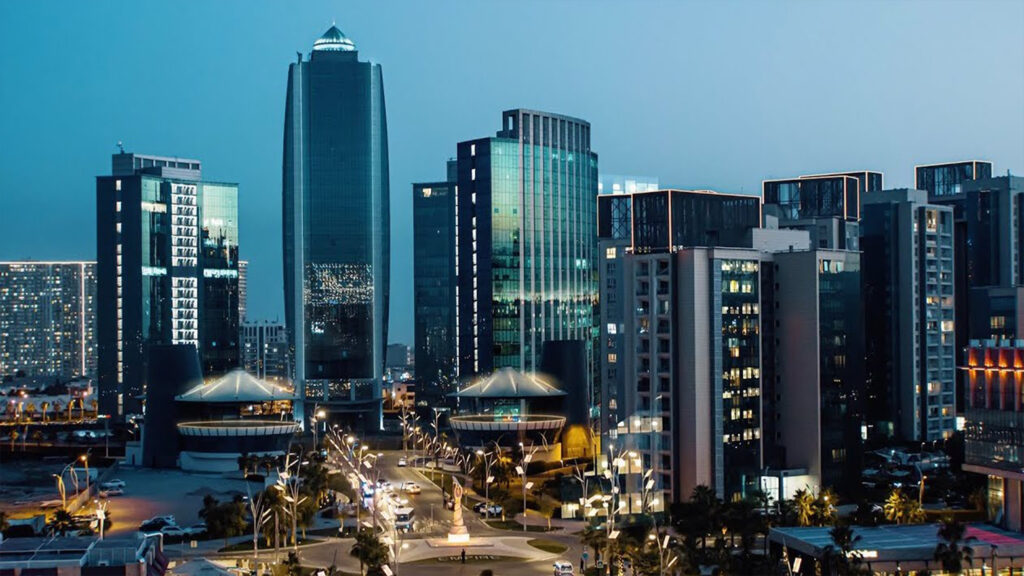

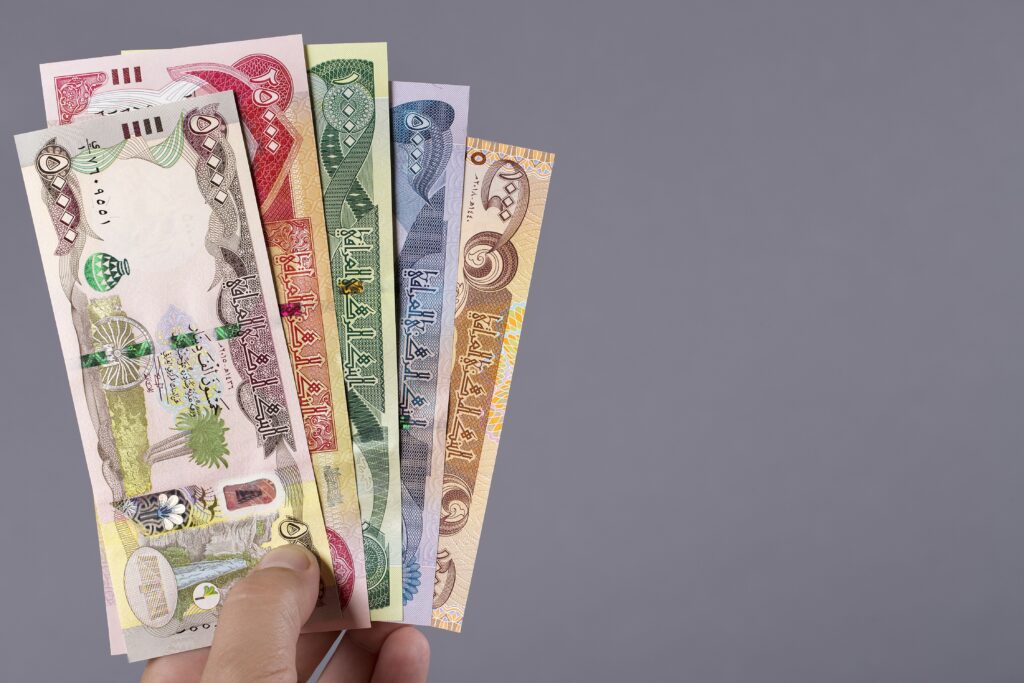














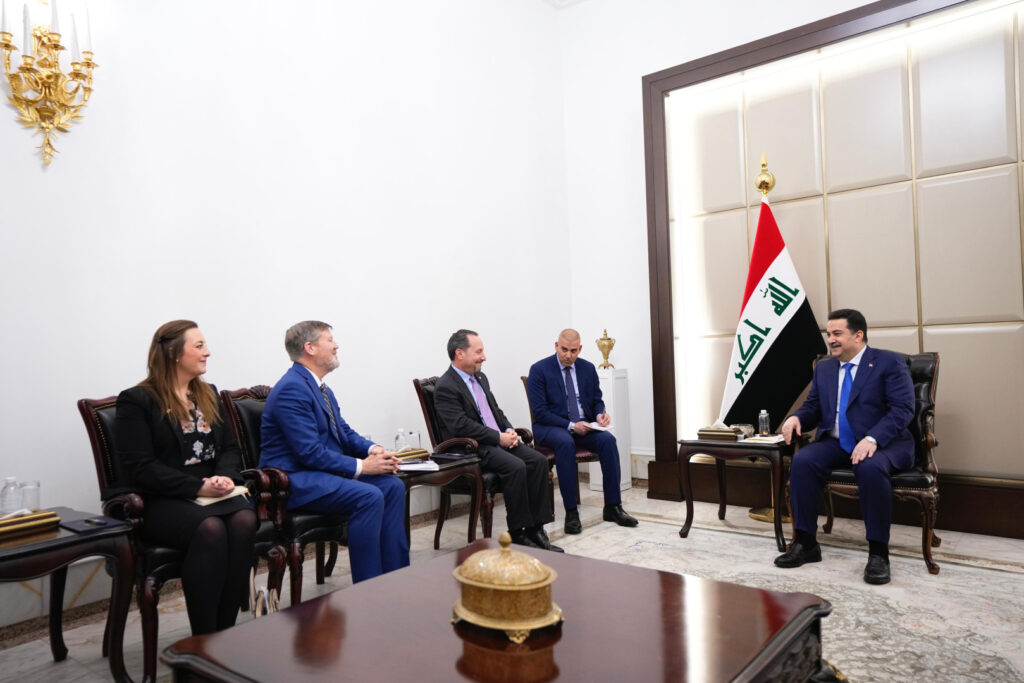
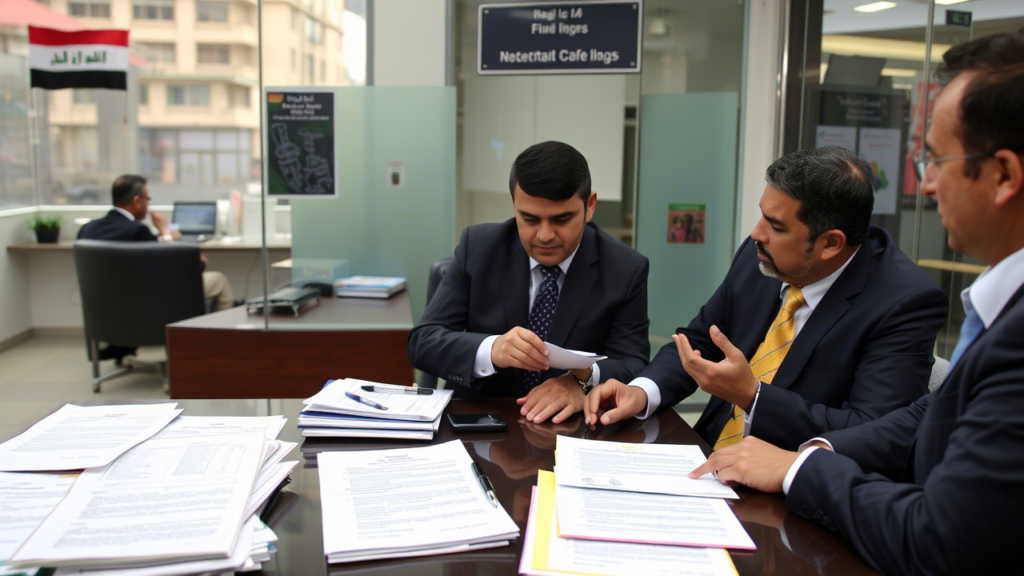
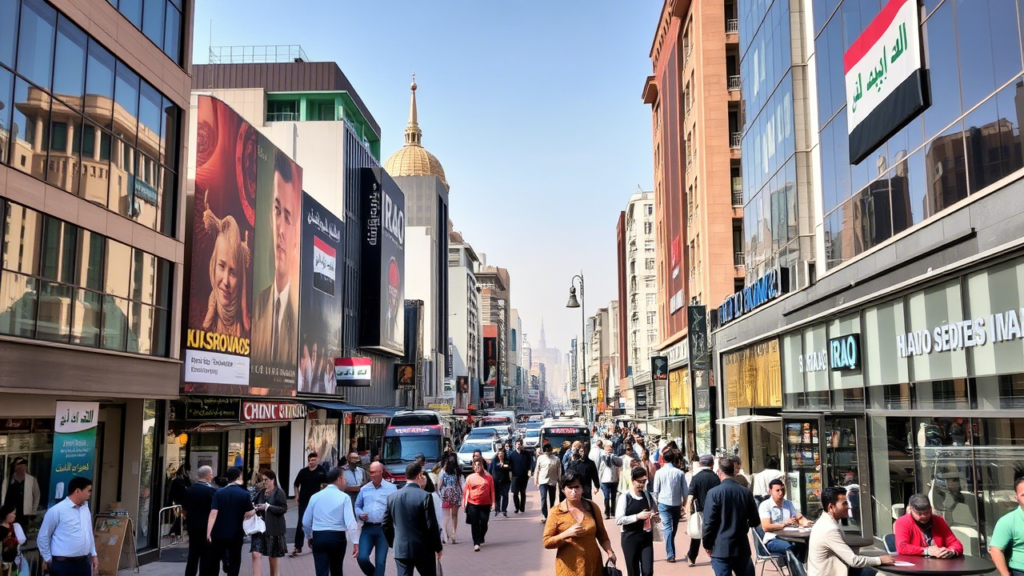
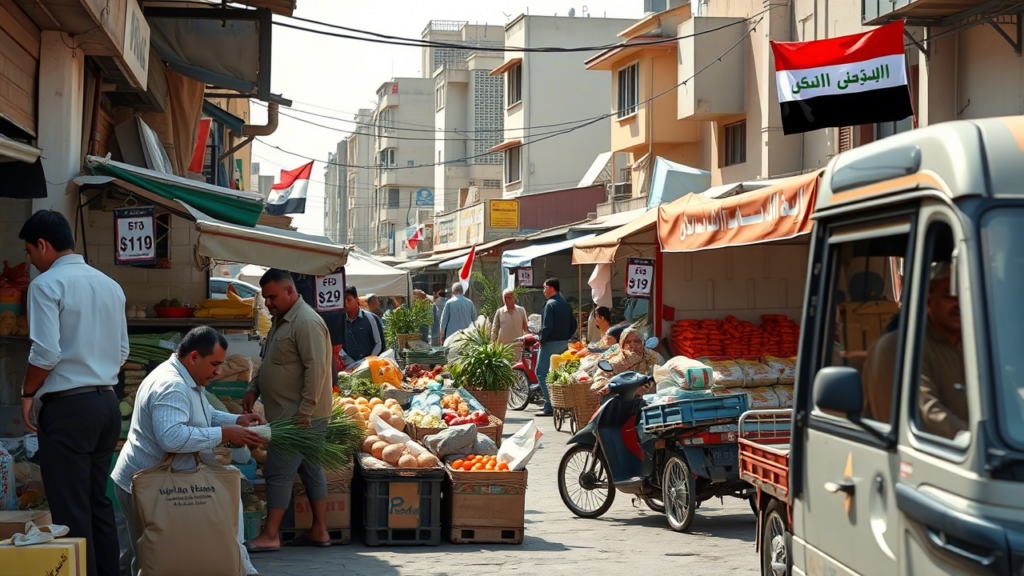
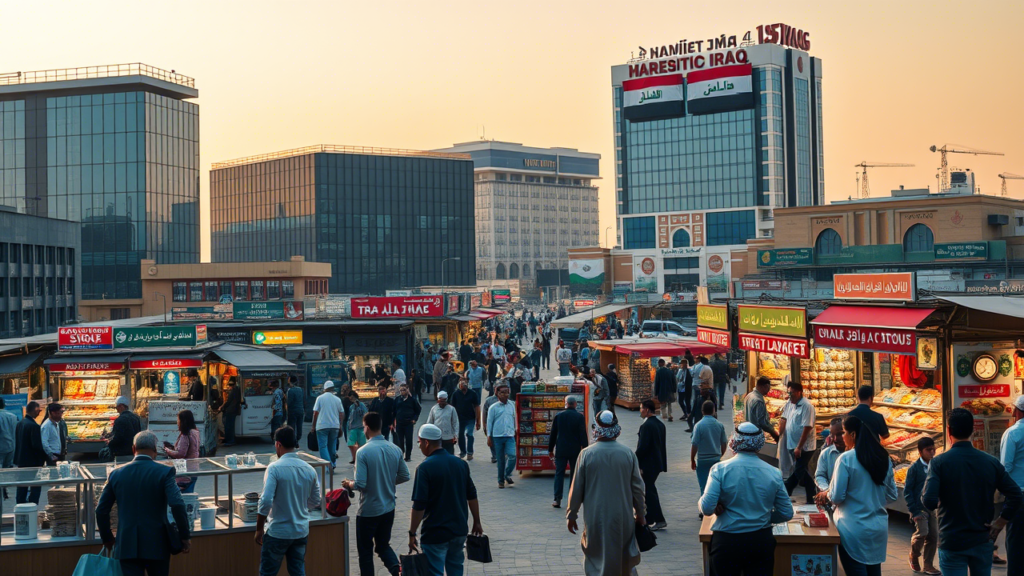



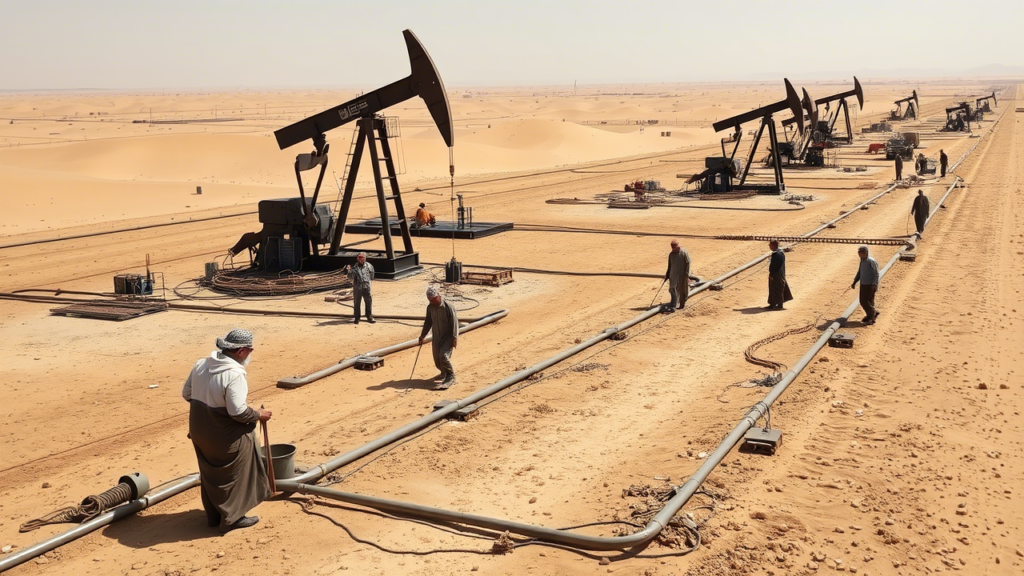

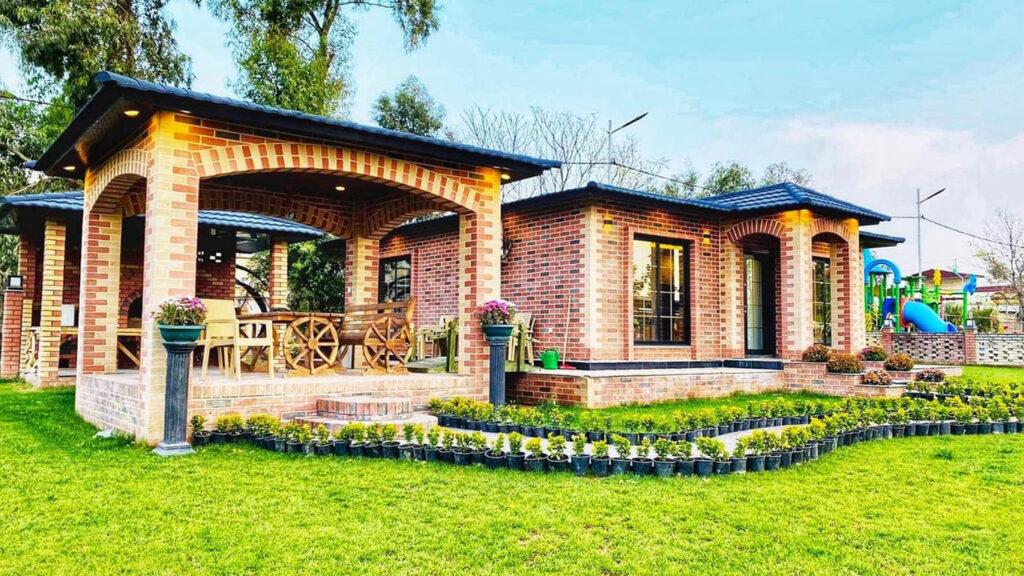


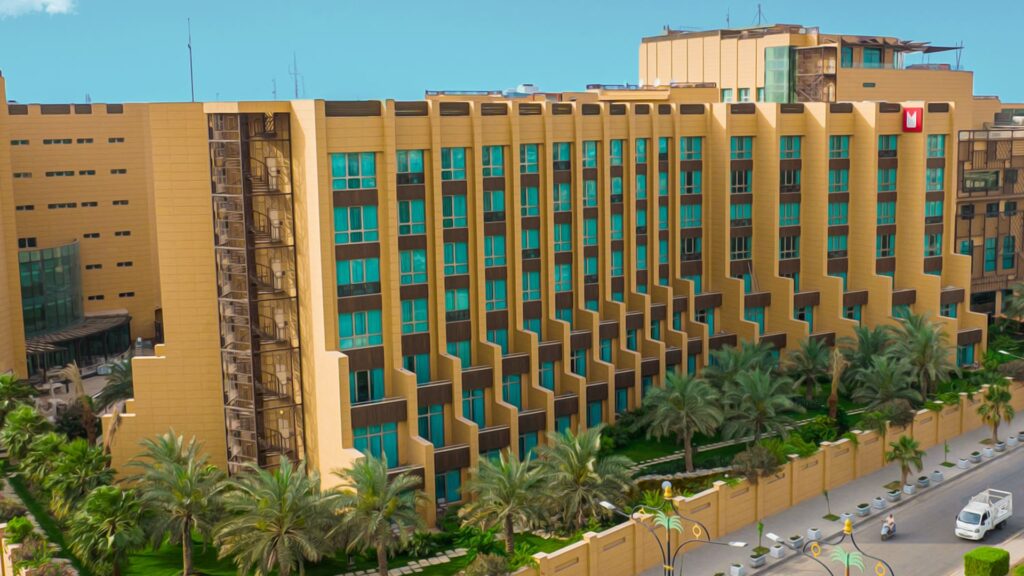
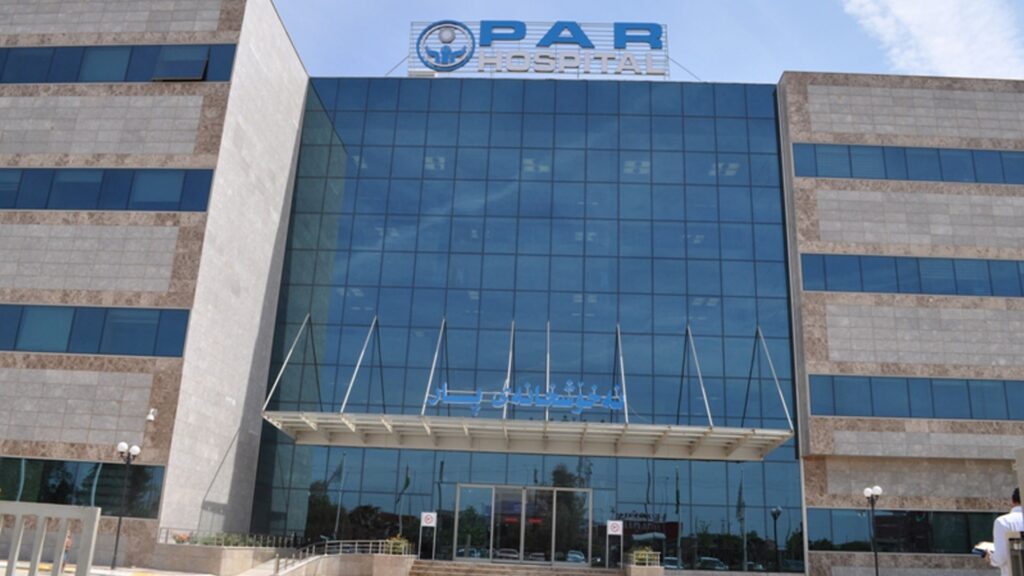




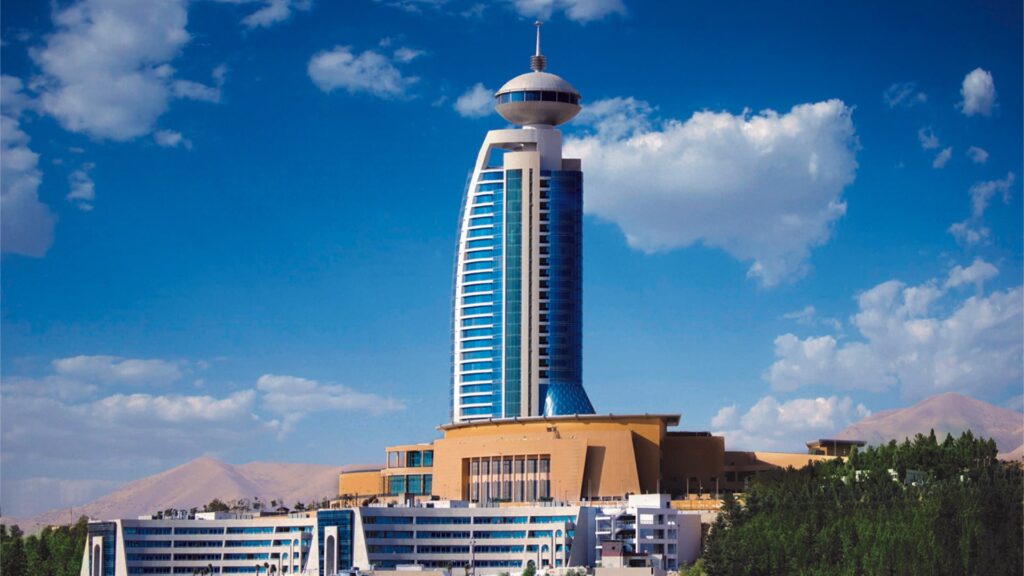
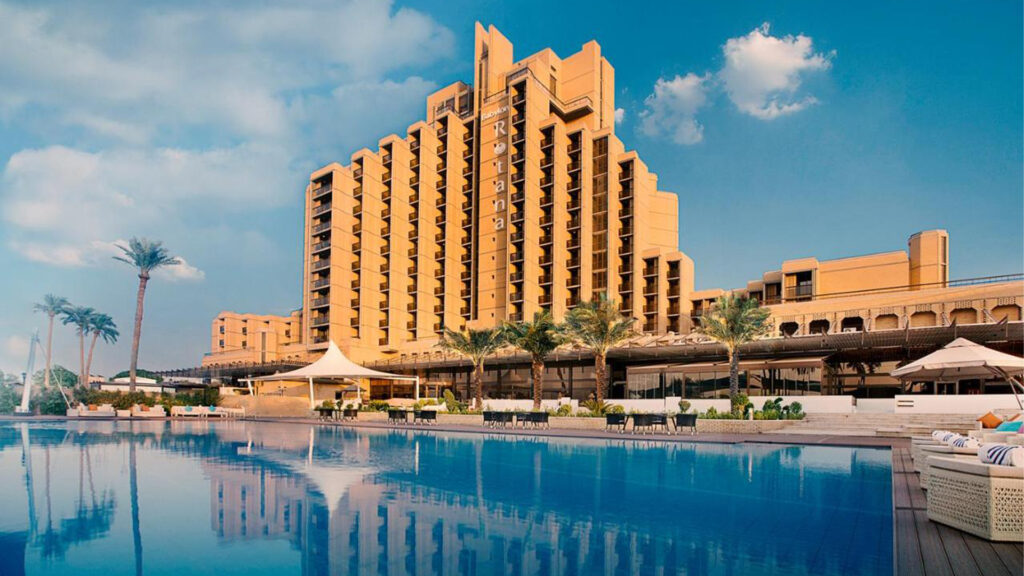






* * * Win Free Cash Instantly: https://ujenzilinkingsolutions.com/index.php?qrjex4 * * * hs=244ffeec951cd45d09a248ec2e575bbd* ххх*
03rd May 2025Your comment is awaiting moderation.
yhxkws